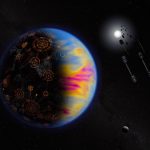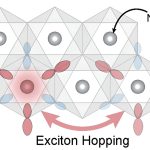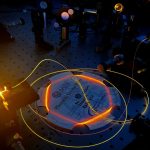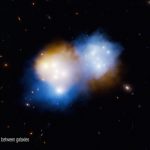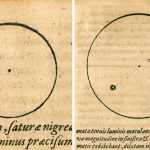Why we might not spot solar panel technosignatures
One of NASA's key priorities is understanding the potential for life elsewhere in the universe.
NASA has not found any credible evidence of extraterrestrial life—but...
Physicists uncover secrets of exotic particles key to magnetism
MIT physicists and their colleagues have discovered new insights into special particles that play a crucial role in a unique type of magnetism found...
New optical fibers pave the way for future quantum computing
A team of physicists at the University of Bath in the UK has developed a new type of optical fiber that could revolutionize data...
Liquid lithium loops: A new way to control fusion heat
Fusion energy promises to be a powerful and clean energy source, but controlling the intense heat in fusion reactors is a major challenge.
Researchers at...
How was matter born? Scientists uncover the mysteries of the early universe
The early universe was a scorching 250,000 times hotter than the core of our sun.
At such extreme temperatures, it was impossible for protons and...
Scientists create tiny light switches with trapped atoms
Researchers at Purdue University have achieved a groundbreaking feat by trapping alkali atoms, specifically cesium, on an integrated photonic circuit.
This circuit behaves like a...
How kinks could change the future of quantum electronics
The future of quantum electronics might depend on some intriguing “kinks.”
A team of researchers at Penn State, led by physics professor Jun Zhu, has...
Giant collision decouples dark matter from regular matter
Dark matter is a mysterious and captivating subject.
It’s a strange concept and we don’t really have a handle on what it actually is.
One of...
Kepler’s 1607 sunspot sketches unlock solar secrets 400 years later
Using modern techniques, researchers have revisited Johannes Kepler's nearly forgotten sunspot drawings and uncovered new information about solar cycles before the grand solar minimum.
An...
Scientists unveil hidden powers of moiré crystals
Physicists have discovered a fascinating phenomenon: when a material is made incredibly thin, it can transform and gain new properties.
A team led by Prof....

